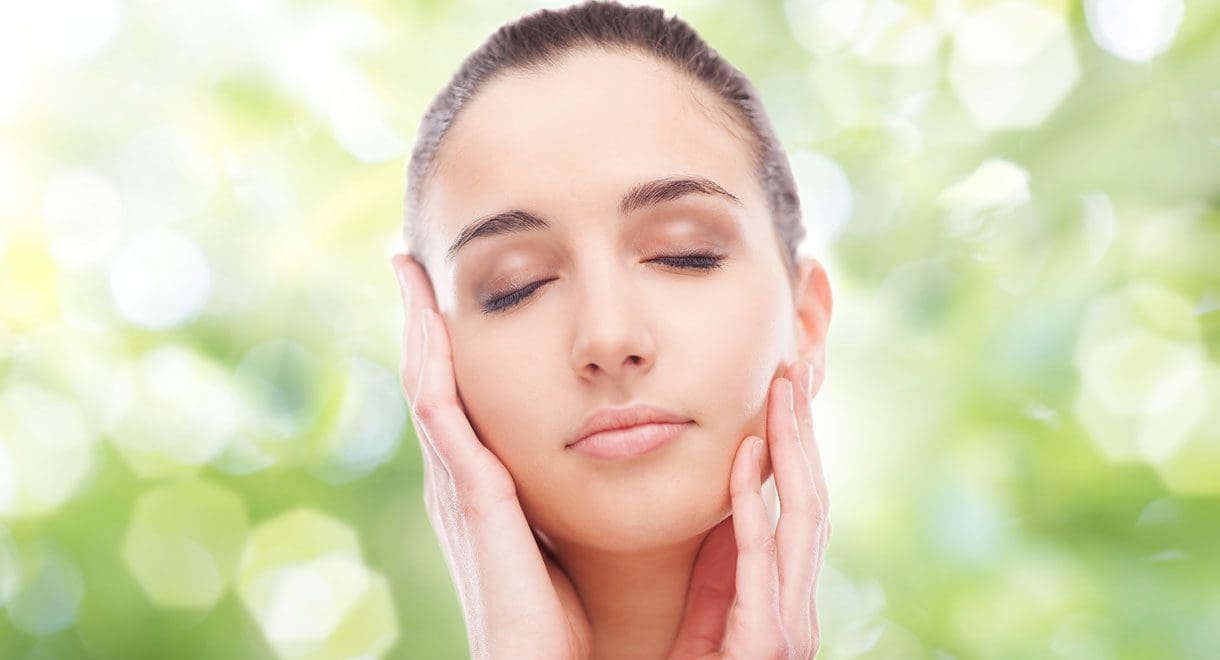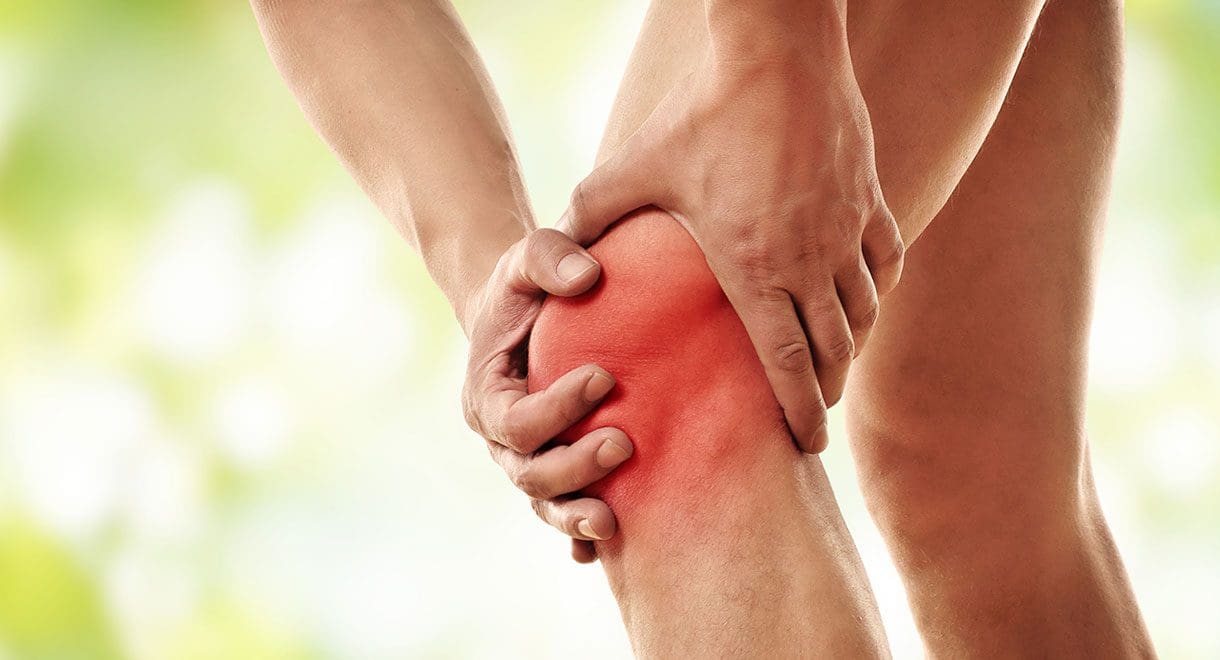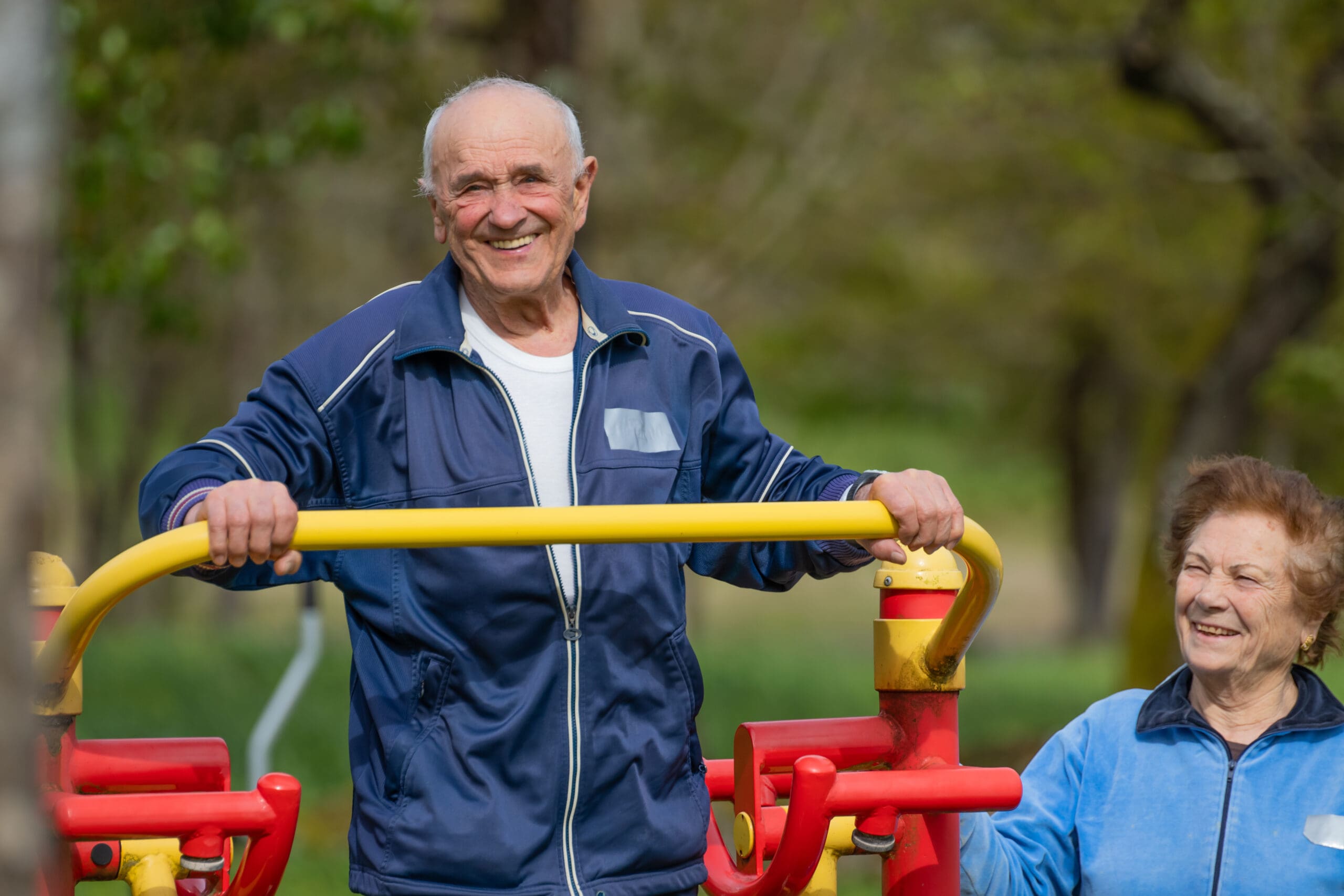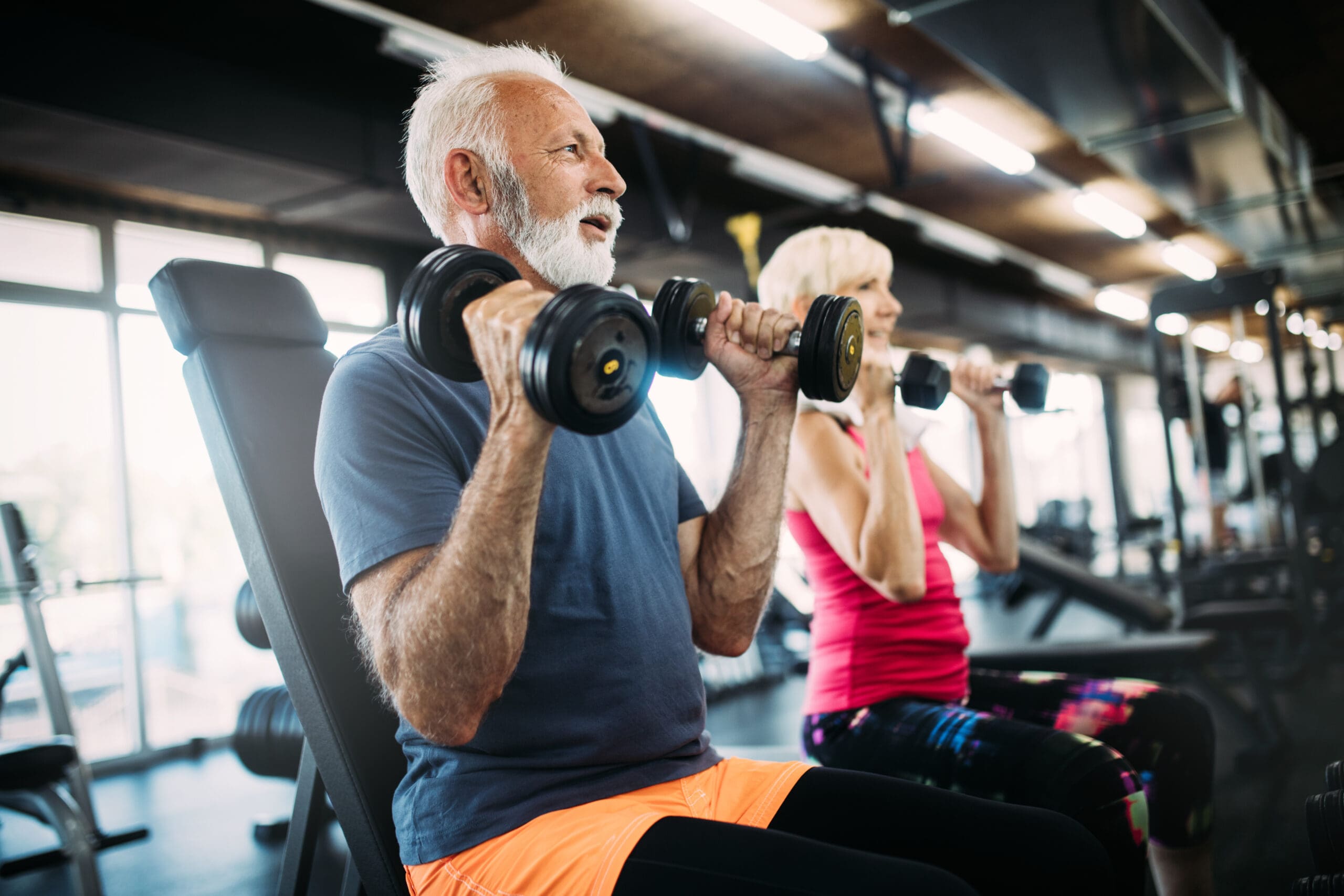The top 10 benefits of working out
By Jess Robinson, Adv Dip (Nut Med)
Exercise refers to any activity that requires physical effort, carried out to maintain or improve health and fitness. There are many types of physical activity, such as swimming, dancing, cycling, running and walking. But there are also group sports, boot camp classes, HIIT (High Intensity Interval Training) and resistance training which includes free weights, weight machines, resistance bands as well as your own body weight. There are many physical and mental benefits of exercise, so without further ado, here are 10 benefits of working out:


1. It boosts your mood
Have you ever wondered why you feel so amazing after a good sweat session? Exercise increases sensitivity to the hormones serotonin and norepinephrine, which relieve depression, and release endorphins which generate positive feelings and reduce pain perception. Furthermore, exercise can reduce anxiety by making individuals more aware of their mental state and distracting them from their fears. Interestingly, it doesn’t matter if you’re working at a high or low intensity, you will still reap the benefits.


2. Aids weight loss
This shouldn’t exactly come as a surprise but exercising increases your metabolic rate, which is the rate your body burns calories. It is best to do a combination of aerobic and strength exercises to maximise fat burning and maintain muscle mass and weight loss. L-glutamine is a natural amino acid that is vital for muscle growth and healthy muscle function, and also assists exercise recovery.


3. Strengthens bones and muscles
Exercise is essential for building and maintaining strong bones and muscles. Resistance exercises such as weight lifting can stimulate muscle growth when paired with sufficient protein intake. Protein is also needed for muscle repair and recovery. Synd-X is an extremely low-carb high protein powder that assists weight loss and muscle growth when used as part of a low-carb eating plan and exercise regime. Exercise also helps to build bone density when you’re younger, which can prevent the development of osteoporosis later on in life.


4. Increases energy levels
Exercise can be a powerful energy booster for healthy people, as well as those with chronic fatigue and other serious illnesses. A recent study showed that sedentary people who completed a regular exercise program noticed improved energy levels and less fatigue compared to groups that did not exercise.


5. Reduces chronic disease risk
Lacking frequent physical activity is a leading cause of chronic disease. Exercising regularly has been shown to improve insulin sensitivity, heart health and body composition, while lowering blood pressure and body fat at the same time. On the other hand, lacking regular exercise can lead to significant abdominal weight gain which increases the risk of type 2 diabetes, heart disease and decreased life expectancy. See Dr Cabot’s book ‘Diabetes Type 2: You Can Reverse It Naturally’.


6. Improves skin health
Oxidative stress is caused by the build up of free radicals and occurs when your body’s antioxidant defences cannot completely repair the damage that free radicals cause to cells. This can damage and deteriorate your skin. Exercise helps to increase your body’s production of natural antioxidants as well as nourishing skin cells and enhancing blood flow to keep skin cells vital. Ensure to stay properly hydrated when working out as when you sweat you lose water and important electrolytes that need to be replenished.


7. Enhances cognitive function
Exercise can boost brain function by increasing heart rate and promoting healthy blood flow and oxygen delivery to the brain. By improving brain function it promotes better memory and thinking skills. Regular physical activity is especially critical as we get older, as ageing combined with oxidative stress and inflammation can bring about changes in brain structure and function.


8. Promotes relaxation and quality sleep
That’s right, exercising regularly can help you relax and sleep better. A study showed that 16 weeks of physical activity improved sleep quality and helped 17 individuals with insomnia to sleep longer and more deeply than the control group. It also helped them feel more energised throughout the day. Magnesium is a powerful mineral that is required for a healthy nervous system and helps to promote relaxation and healthy sleep.


9. Can relieve pain
Chronic pain can be very debilitating and severely impact quality of life, however, exercise can actually help to reduce it. A review of several studies indicated that exercise may help participants with chronic pain to reduce their pain severity and improve their quality of life. To prevent muscle damage, it is essential to perform adequate stretching before and after your workouts.


10. Boosts libido
Exercise has been shown to boost sex drive. Physical activity can improve sexual performance and sexual satisfaction, as well as increase the amount of sexual activity. This is because exercise strengthens the cardiovascular system, improves blood flow, tones muscles and improves flexibility – all factors which can improve your sex life. For more information, check out Dr Cabot’s book ‘Increase Your Sex Drive Naturally’.
References:
https://www.sciencedaily.com/releases/2006/11/061101151005.htm
https://www.ncbi.nlm.nih.gov/pubmed/20813580/
https://www.ncbi.nlm.nih.gov/pubmed/28087891
https://www.ncbi.nlm.nih.gov/pubmed/8878326









Leave A Comment